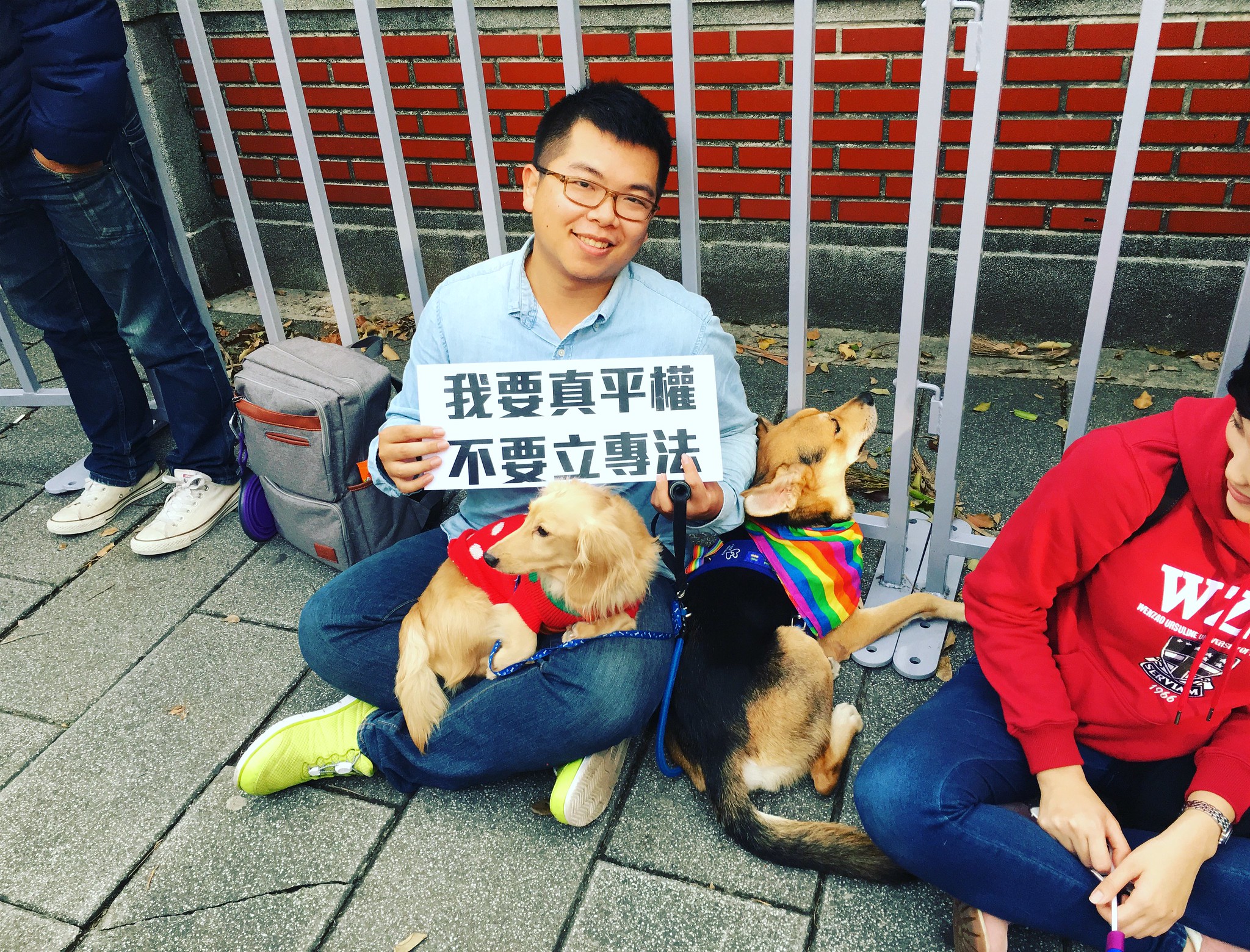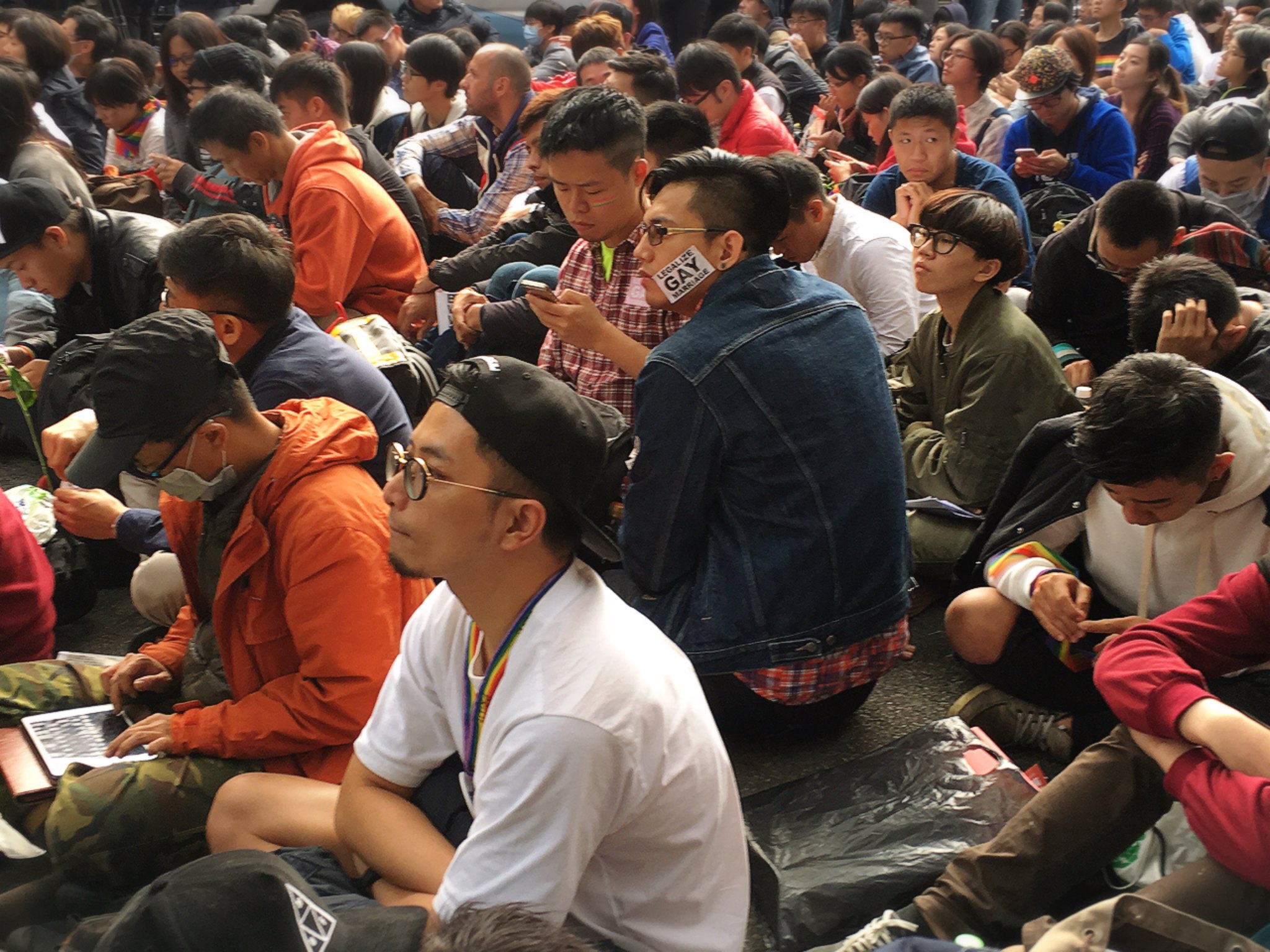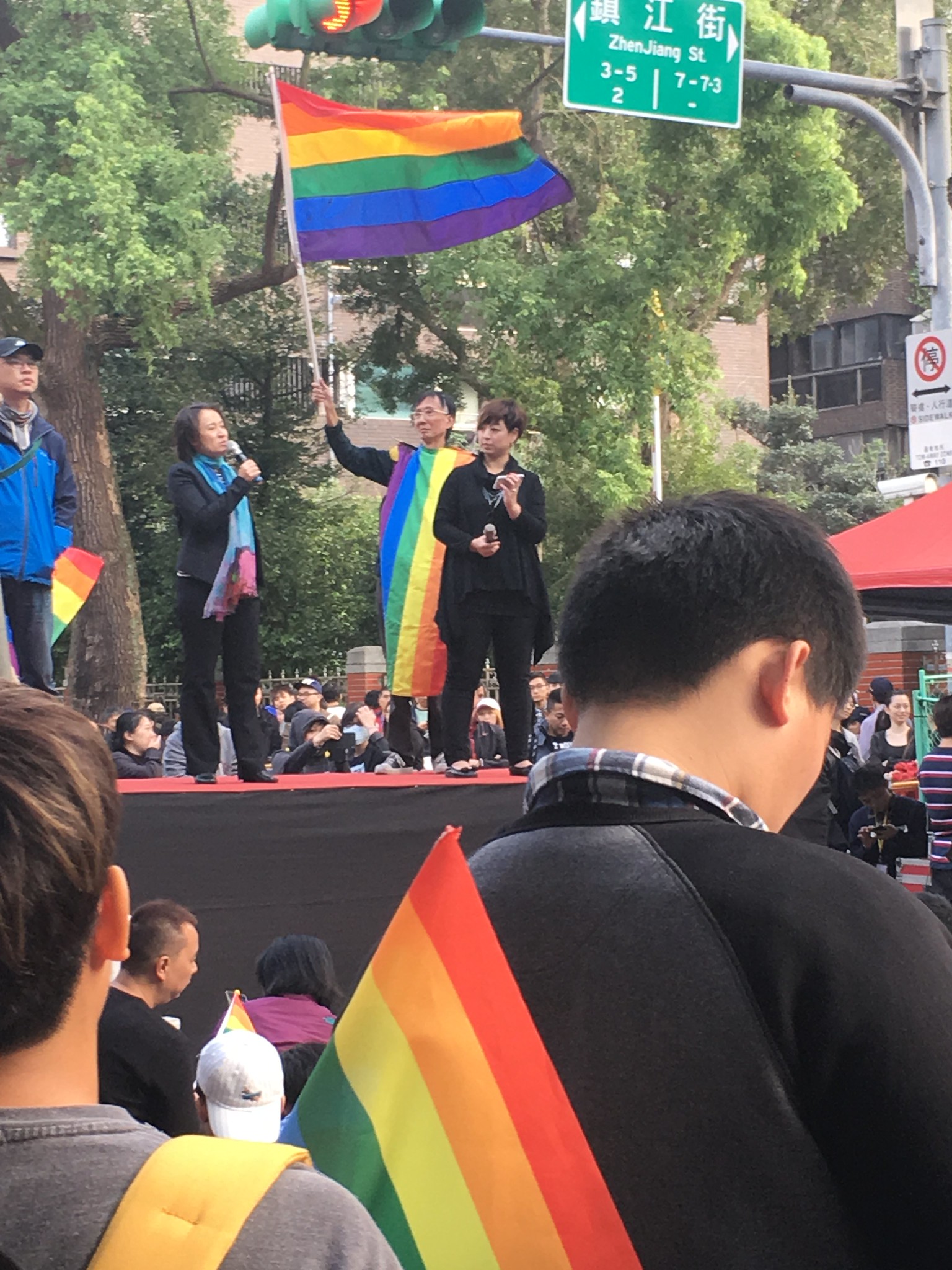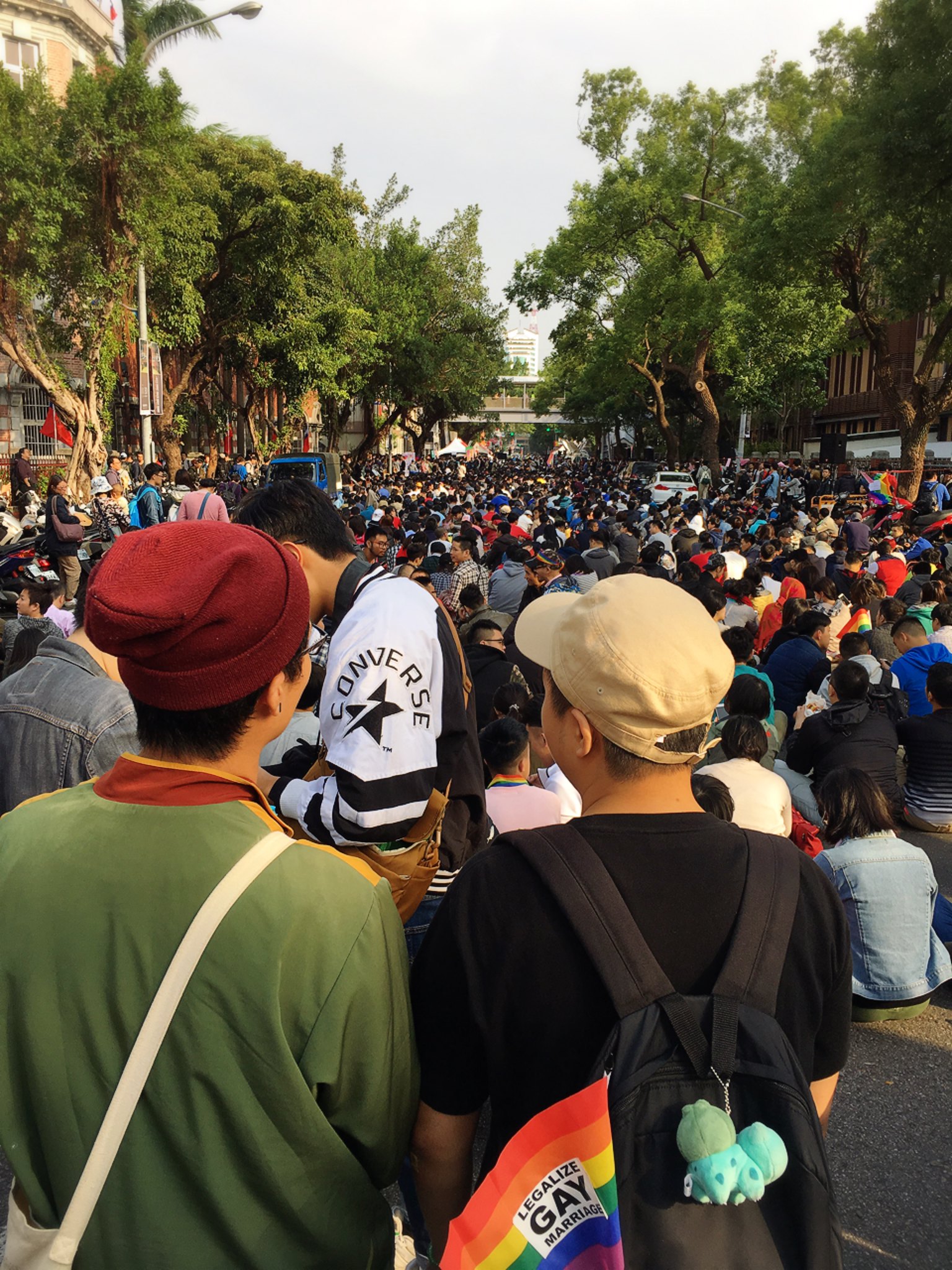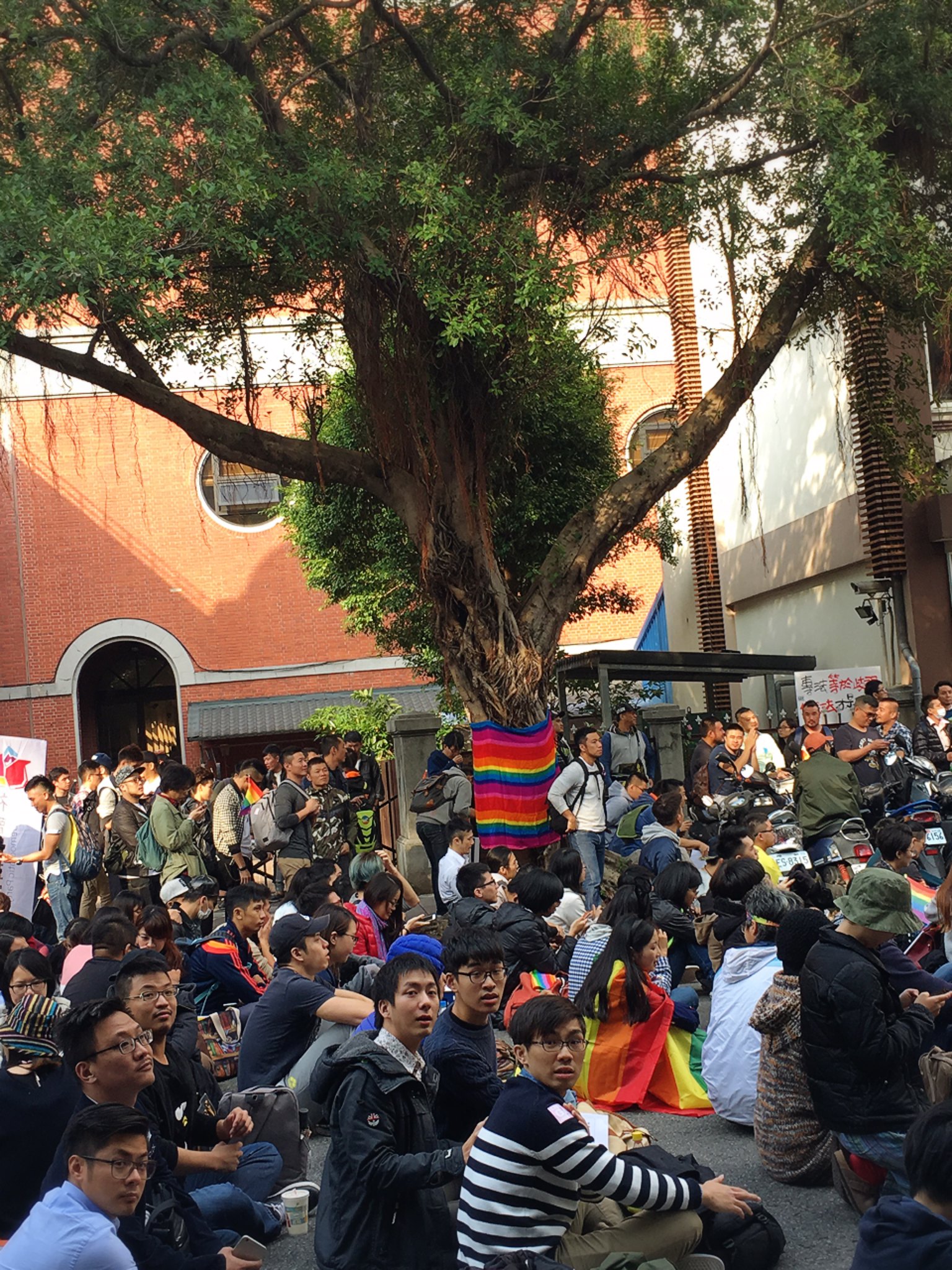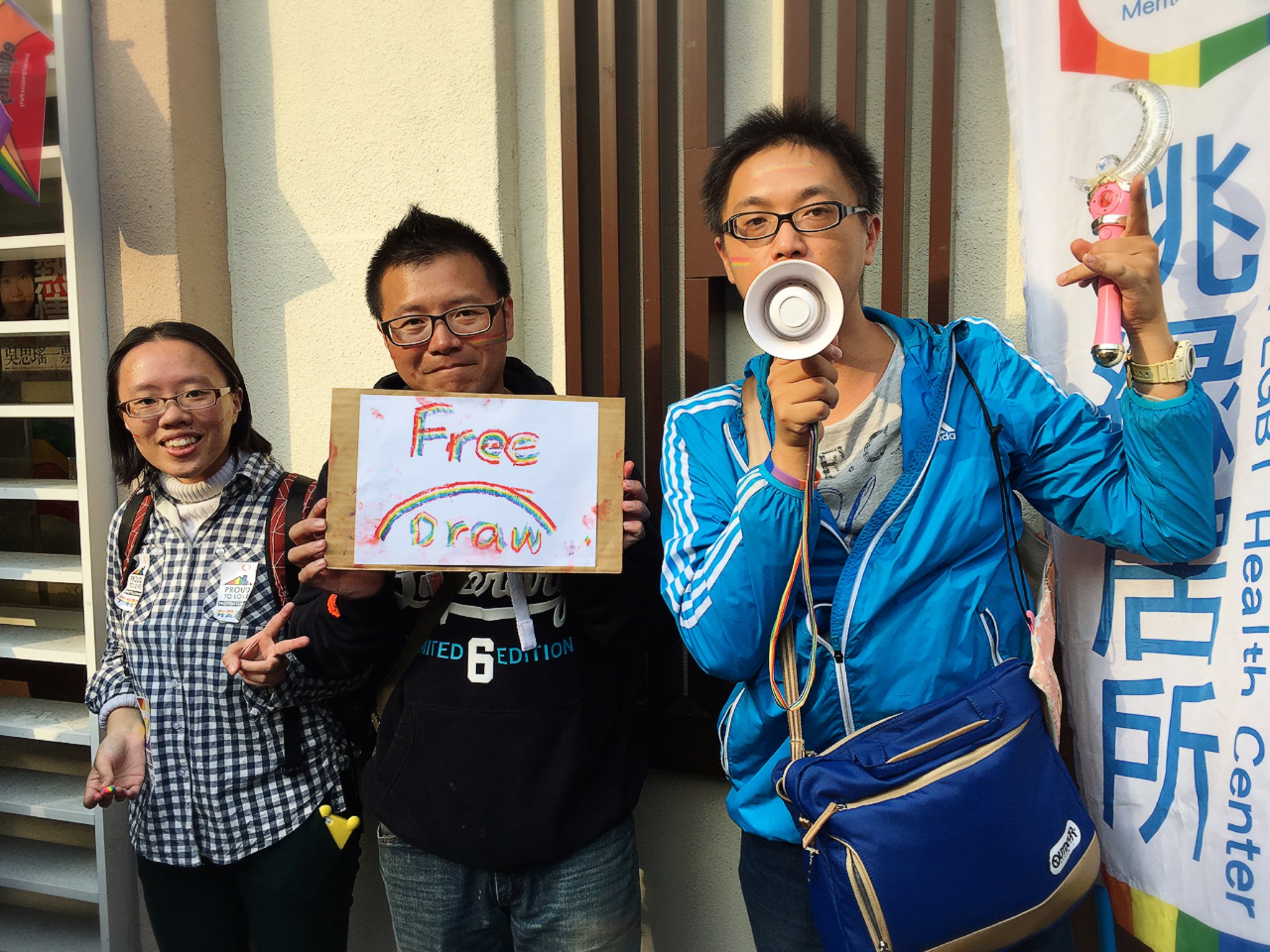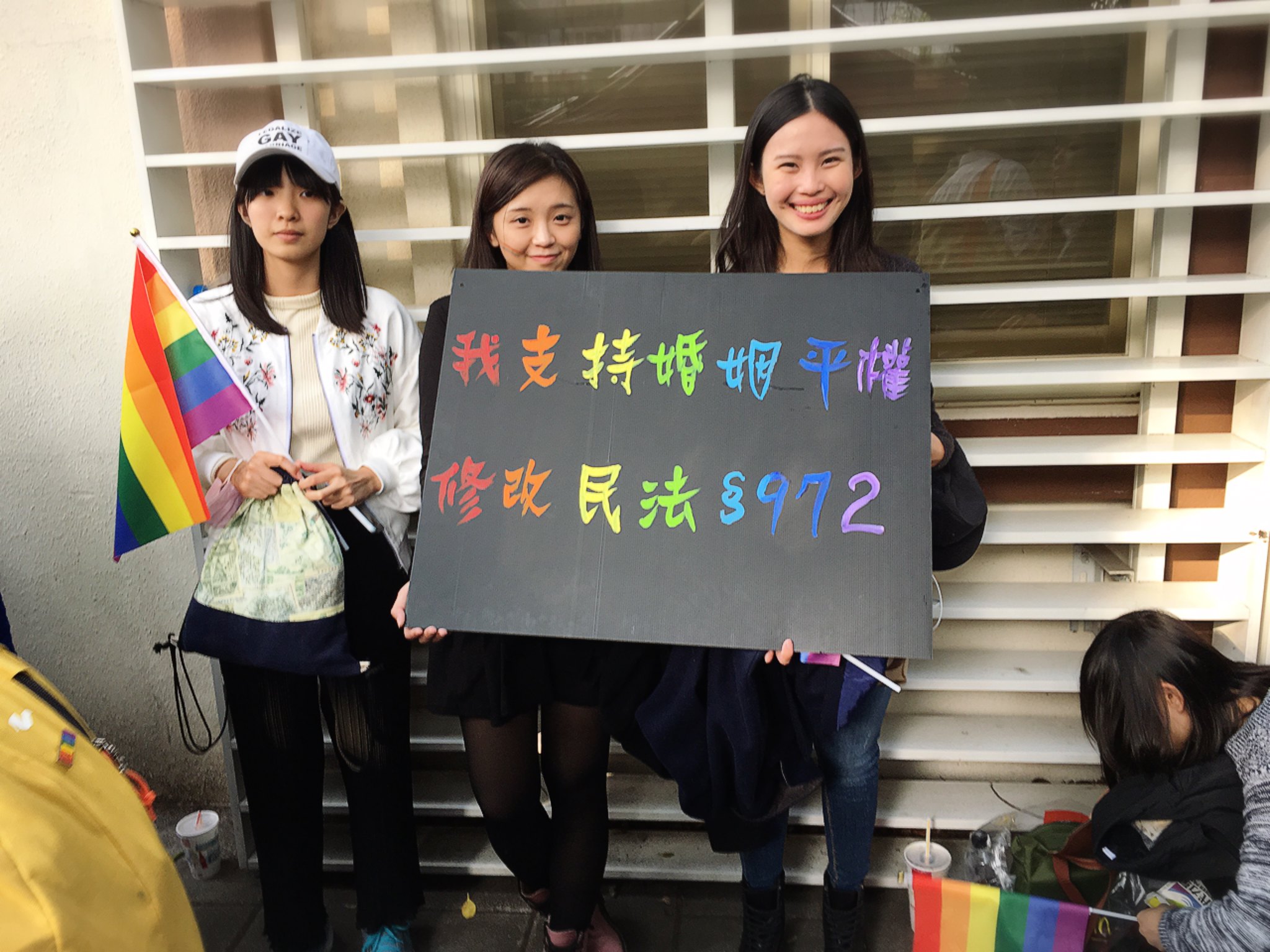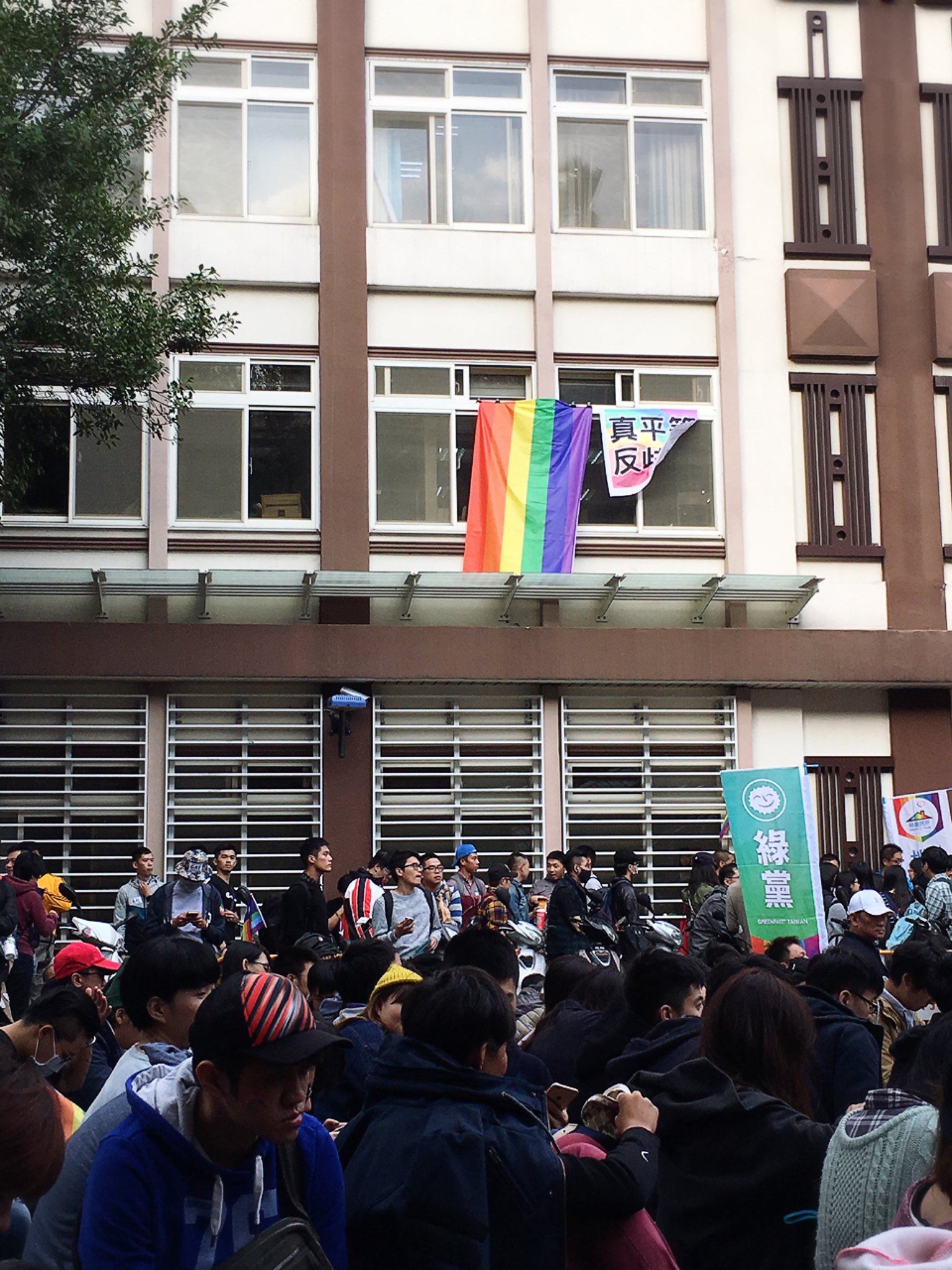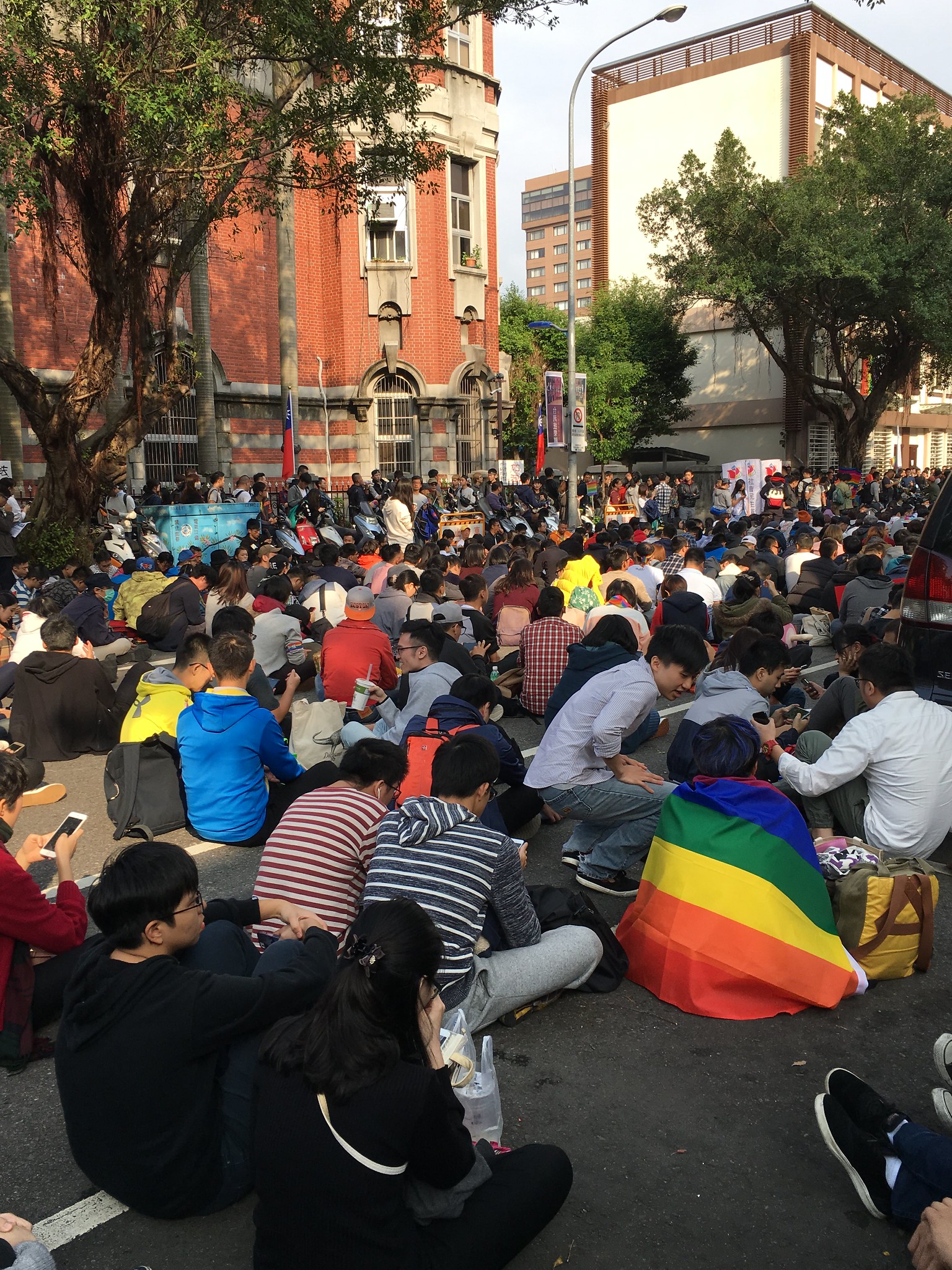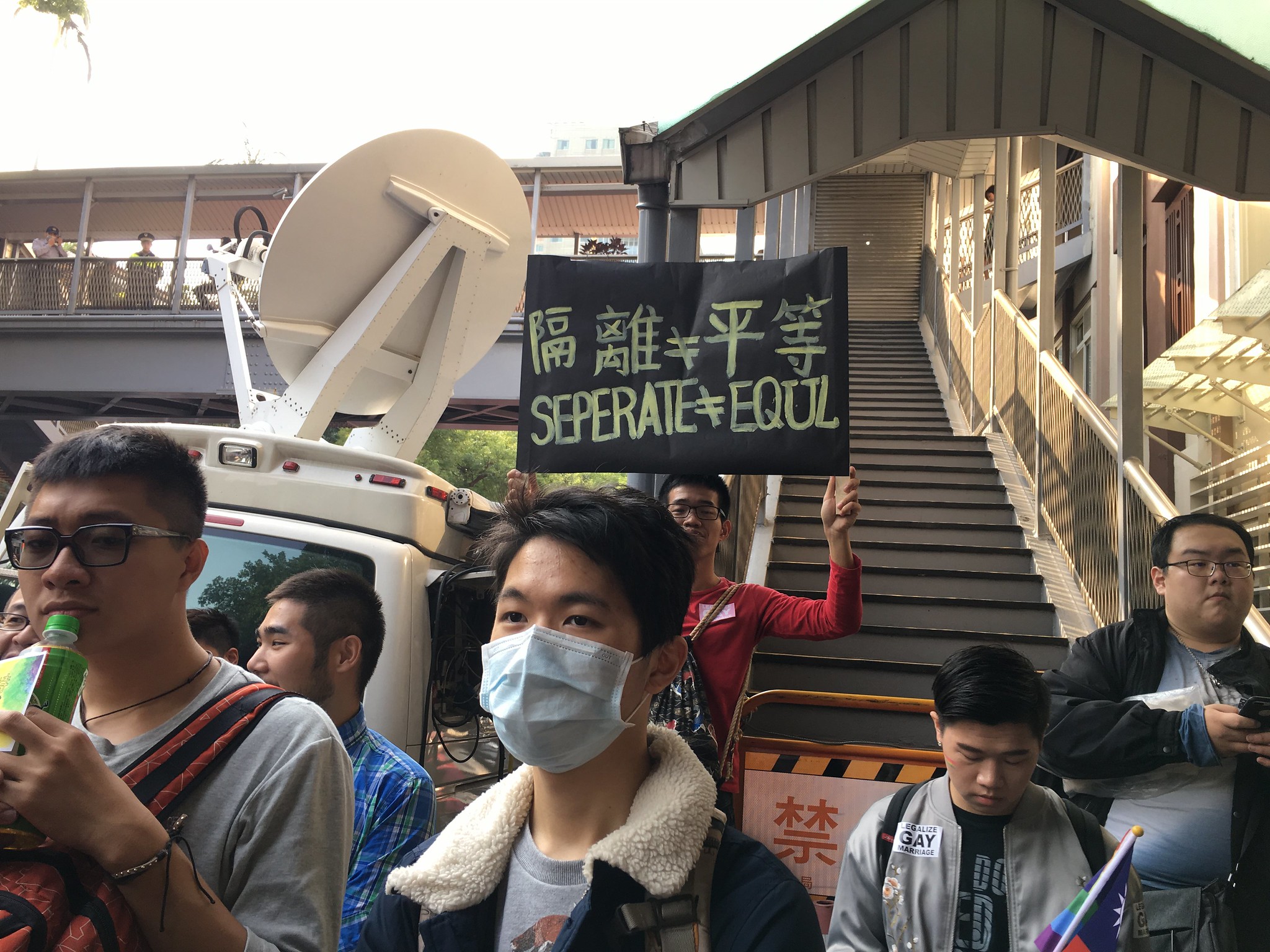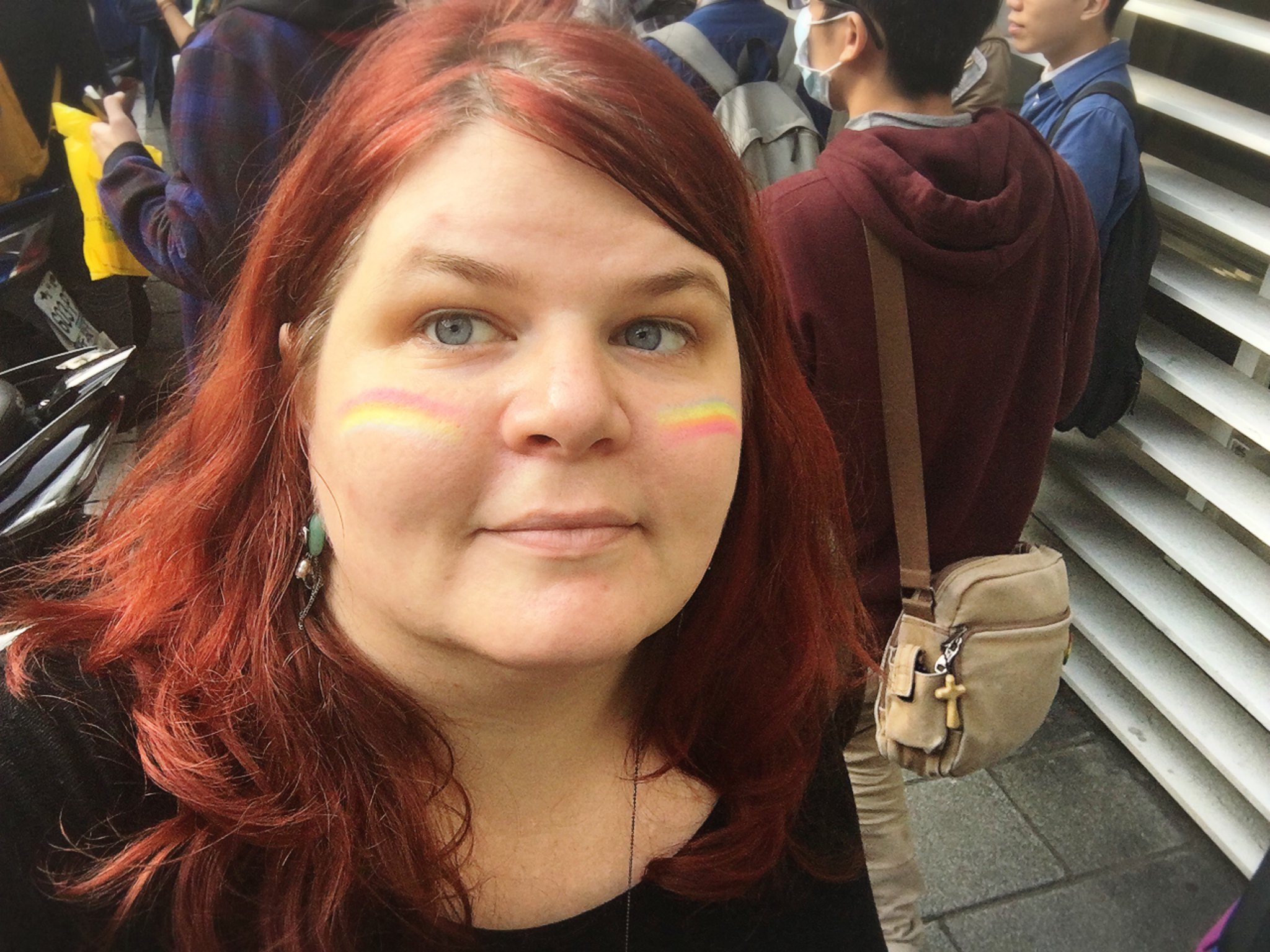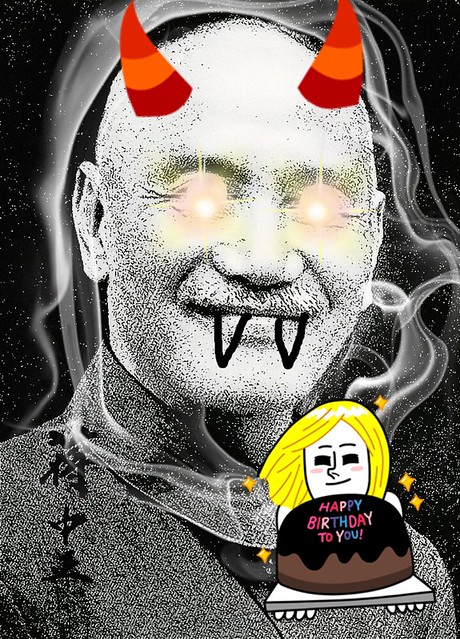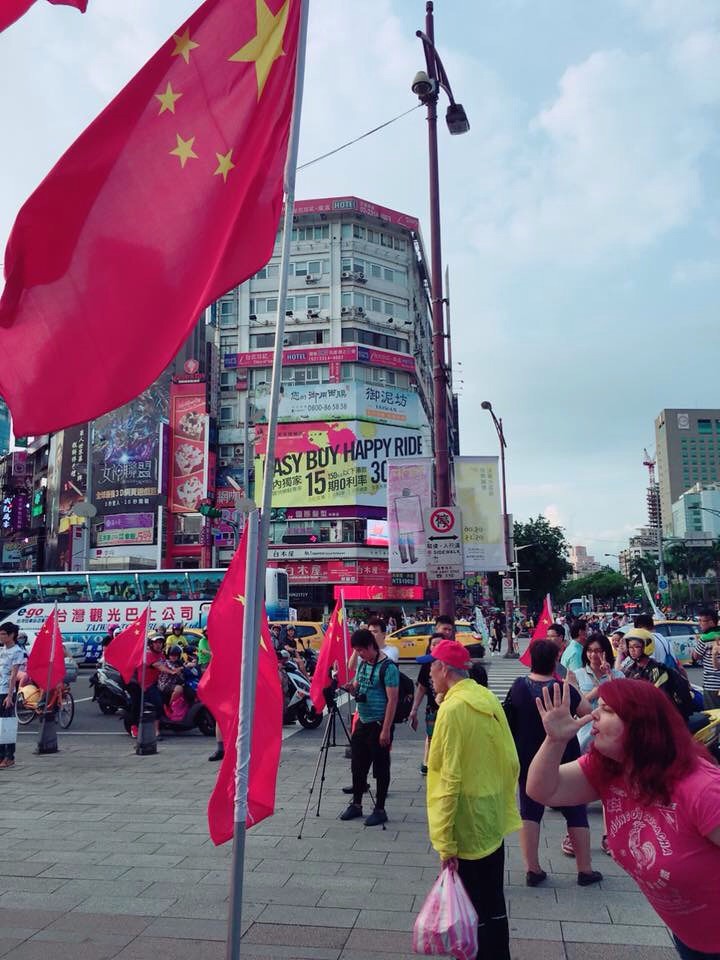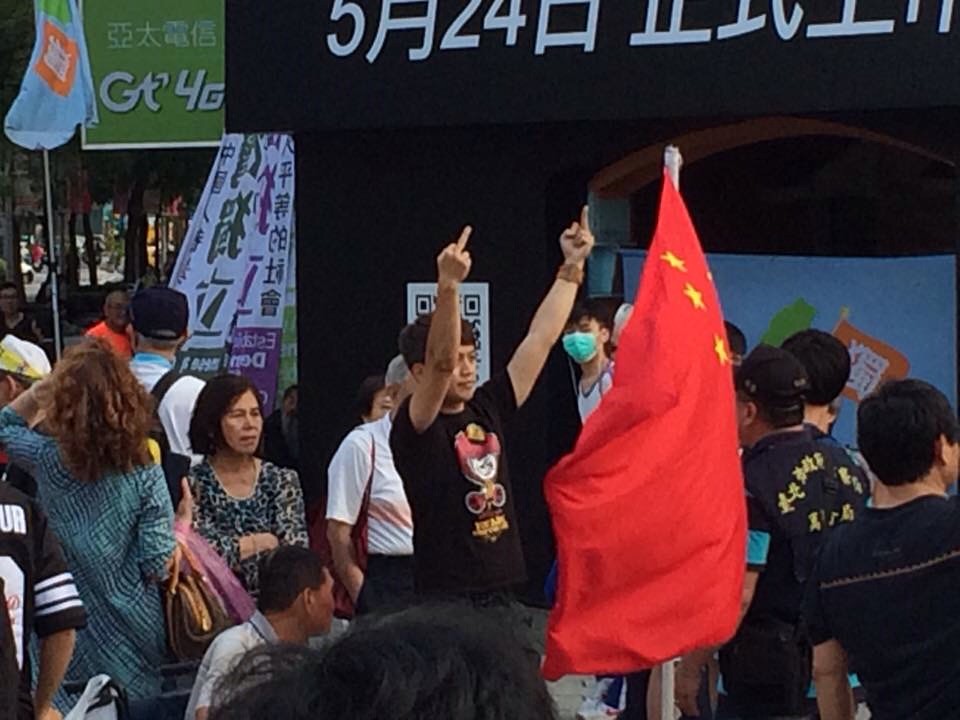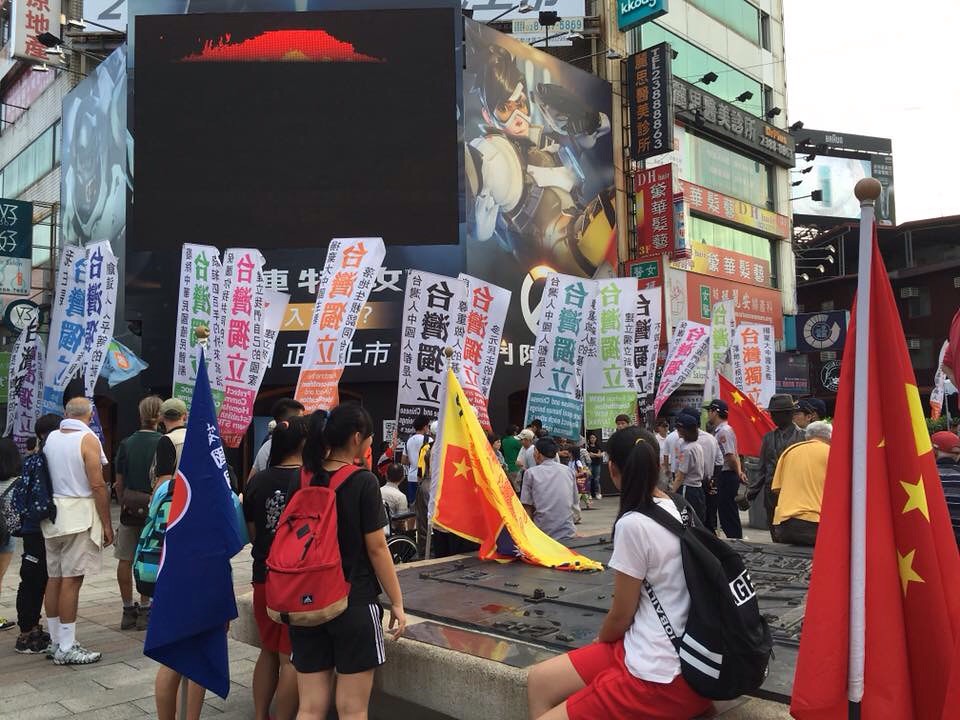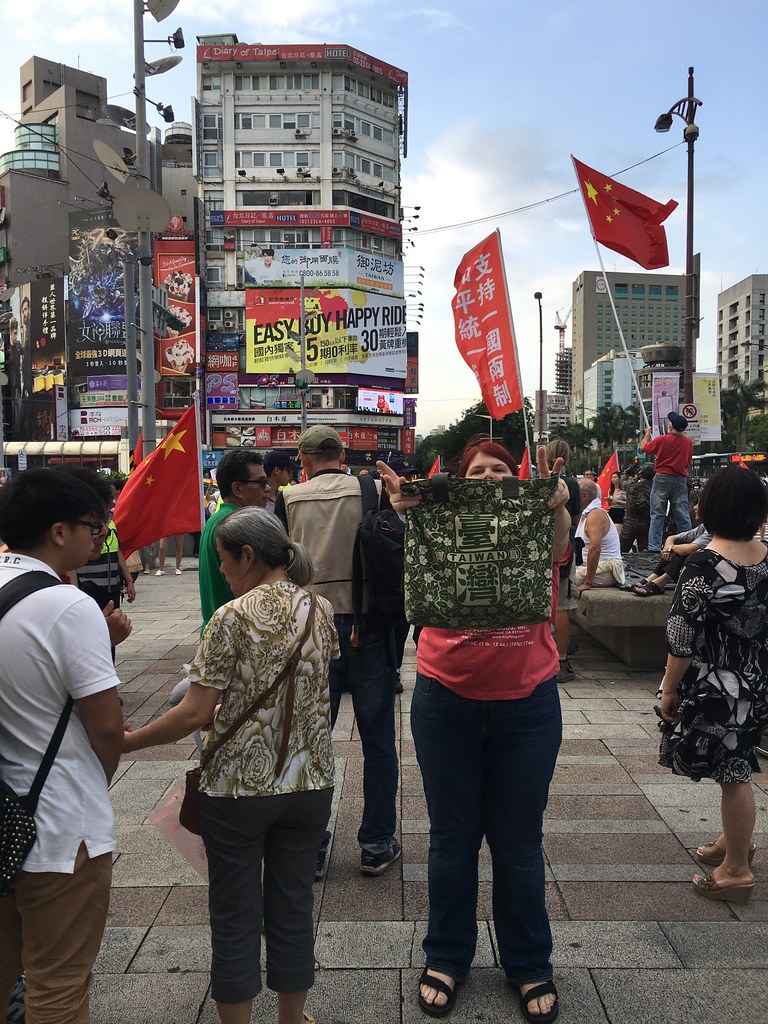The Hong Kong activist/New Power Party forum held in Taiwan over the weekend is starting to make the international news. Not because of the forum itself - nobody really writes about that stuff for an international audience - but because two of the attendees from Hong Kong, legislator Nathan Law and Demosisto chair and activist (and person who is way more together than most 20-year-olds) Joshua Wong were heckled, threatened and even attacked both at Taoyuan airport in Taipei, and in Hong Kong.
Why? Because certain groups would rather that activists and other voices in society - any voice that doesn't tow the Beijing / KMT / gangster / possibly rich business asshole (in Taiwan these are all somewhat related) line - to shut up. They want to make it seem as though there is more division than there is in both Hong Kong and Taiwanese society, potentially find excuses to call activists "violent" (when they are the ones inciting the violence) and help limit contact between the two sides.
Now, I've heard a few "criticisms" that the forum was more about meeting up, showing solidarity, and perhaps the media and PR attention that comes from pro-self-determination groups in Taiwan and Hong Kong meeting (and what it says that they can't do so in Hong Kong). More so than it was about actually getting important work done. Or as New Bloom called it, "skill sharing".
It certainly made for some good photo ops - though I have to note that with so many men and so few women the photos do make the various movements seem like boys' clubs, something I doubt the leaders in them want - and did show that while there may not be quite as many street protests these days, the movement is still there and the people involved in it are not going away.
Why? Because certain groups would rather that activists and other voices in society - any voice that doesn't tow the Beijing / KMT / gangster / possibly rich business asshole (in Taiwan these are all somewhat related) line - to shut up. They want to make it seem as though there is more division than there is in both Hong Kong and Taiwanese society, potentially find excuses to call activists "violent" (when they are the ones inciting the violence) and help limit contact between the two sides.
Now, I've heard a few "criticisms" that the forum was more about meeting up, showing solidarity, and perhaps the media and PR attention that comes from pro-self-determination groups in Taiwan and Hong Kong meeting (and what it says that they can't do so in Hong Kong). More so than it was about actually getting important work done. Or as New Bloom called it, "skill sharing".
It certainly made for some good photo ops - though I have to note that with so many men and so few women the photos do make the various movements seem like boys' clubs, something I doubt the leaders in them want - and did show that while there may not be quite as many street protests these days, the movement is still there and the people involved in it are not going away.
So, sure. There's a lot of truth to the idea that this was more about media attention and basically just getting together to talk rather than actually getting hands proverbially dirty in the field.
I would defend it, however, saying that sort of PR is necessary - it's a public show of solidarity and sends an important message even if it had no broader effect beyond that. So, I think it was worthwhile.
Or as a friend put it, "'They're just doing it for the media attention' is conservative speak for 'STFU'." And he's right - media attention has a purpose, and in fact getting coverage or just showing there is still a force behind a movement is essential in a democracy.
I would defend it, however, saying that sort of PR is necessary - it's a public show of solidarity and sends an important message even if it had no broader effect beyond that. So, I think it was worthwhile.
Or as a friend put it, "'They're just doing it for the media attention' is conservative speak for 'STFU'." And he's right - media attention has a purpose, and in fact getting coverage or just showing there is still a force behind a movement is essential in a democracy.
Beyond airport harassment that did leave bruises, in Taipei, pro-unificationists who are almost certainly gangsters or paid thugs also protested outside of the forum, and there was a police presence - the threat was real enough to warrant it.
This isn't the first time activists or their supporters have been physically threatened: it happened during Occupy Central in Hong Kong and I personally witnessed an attempted 'false flag' eruption of fake 'violence' incited by gangsters outside of the Legislative Yuan during the Sunflower Movement (I didn't see much as I was trying more than anything to get out of the way - as a foreigner one really doesn't want to get caught up in that). Again, because whoever has money and is paying them wants to silence voices and cut communications because what they are saying make the rich and powerful uncomfortable.
Honestly, I think it is quite unlikely that there was no communication between the thugs in Hong Kong and the thugs in Taiwan. This is a calculated and long-term strategy in both places, bigger than some one-off angry protesters who don't represent the will of the Taiwanese or Hong Kong residents.
Their methods are too similar, they show up a little too much on cue and their messages echo each other a little too much for their actions to be entirely unrelated. I also think it is quite unlikely that the Chinese government isn't lurking at the back somewhere like a twisted wizard or marionette master, basically taking their online troll offensive to the streets with real-life trolls.
Or at least, that's my crazy opinion.
The only way to counteract this is to refuse to give in. Maybe this forum did just exist for the media attention, but the fact that a bunch of gangsters and thugs showed up to cause trouble in both Taipei and Hong Kong shows that that attention is more important than ever, and as such, is not necessarily a mark against the event.



